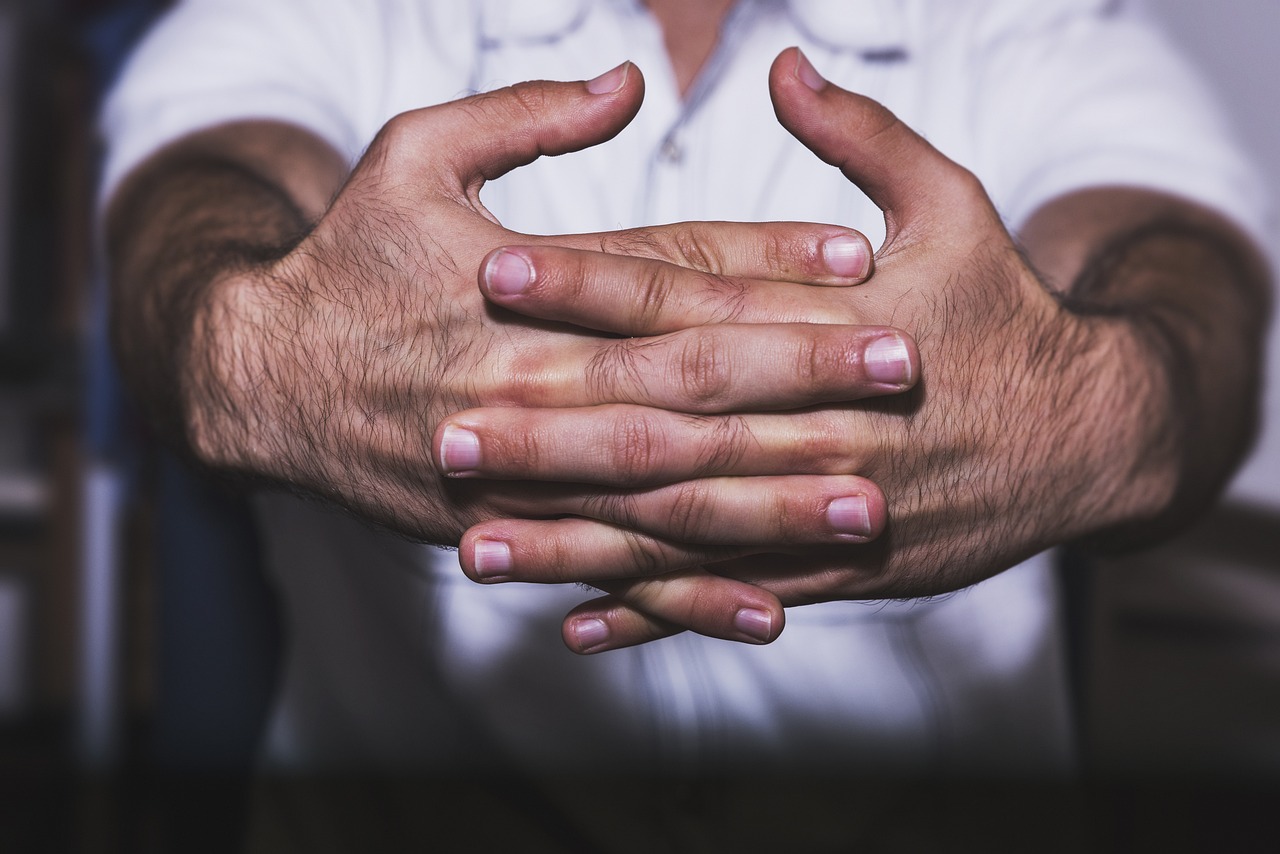Cracking your knuckles has been a subject of debate for years. Some people believe that it can lead to arthritis, while others find it a satisfying habit. But what exactly is the truth here?
Understanding Knuckle Cracking
Before we delve into the relationship between knuckle cracking and arthritis, let's first understand what happens when you crack your knuckles. When you pull, stretch, or bend your fingers, you create negative pressure within the joint. This negative pressure causes bubbles to form and burst in the synovial fluid, which lubricates the joints. The bursting of these bubbles produces the familiar popping or cracking sound.
Cracking Knuckles Does Not Cause Arthritis
One of the most common misconceptions about knuckle cracking is that it causes arthritis. The theory was that the force required to crack your knuckles was enough to cause cartilage damage, which can lead to osteoarthritis over time.
However, several studies have debunked this myth. Research comparing habitual knuckle crackers with non-crackers found no significant difference in the rates of hand arthritis. [1,2] Thus, cracking your knuckles is unlikely to raise your risk for arthritis.
The Mechanics of Knuckle Cracking
To understand why knuckle cracking does not cause arthritis, it's essential to explore the mechanics behind it. When you crack your knuckles, the pressure within the joint changes, creating a vacuum that fills with gas previously dissolved in the synovial fluid. This gas bubble formation and subsequent bursting are entirely normal and harmless. It's similar to the sound produced when you open a bottle of carbonated drink.
Is Knuckle Cracking Is Bad For You?
While cracking your knuckles may not cause long-term harm, there may be some temporary effects to consider. One study found that habitual knuckle crackers may experience reduced grip strength compared to non-crackers. Additionally, cracking your knuckles repeatedly can lead to temporary soreness or swelling in the joint. However, these effects are generally mild and resolve on their own. [3,4]
In some rare cases, individuals may experience ligament injuries or dislocation of tendons when attempting to crack their knuckles. These injuries can be painful and may require conservative treatment for recovery. [5] Additionally, if you already have weak or damaged joints due to arthritis, excessive knuckle cracking could potentially lead to further injury or trauma to the joints.
Conclusion: Knuckle Cracking Does Not Cause Arthritis
In conclusion, cracking your knuckles does not cause arthritis. The sound produced when you crack your knuckles is the result of gas bubbles forming and bursting within the synovial fluid. While there may be temporary effects such as reduced grip strength and joint discomfort, these are generally mild and resolve on their own. It's important to remember that arthritis is primarily age and genetics-related, and cracking your knuckles does not play a significant role in its development. So, feel free to crack your knuckles in moderation without worrying about arthritis.
References
1 - https://pubmed.ncbi.nlm.nih.gov/21383216/
2 - https://pubmed.ncbi.nlm.nih.gov/27846331/
3 - https://pubmed.ncbi.nlm.nih.gov/2344210/
4 - https://www.ncbi.nlm.nih.gov/pmc/articles/PMC1129752/
5 - https://www.ncbi.nlm.nih.gov/pmc/articles/PMC1004074/




